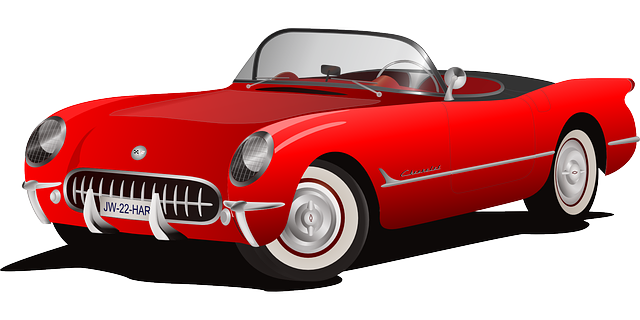Getting the news of a totaled car sucks, but there are things you need to do after receiving the report before you take totaled vehicles to truck junk yards to ensure you can get back on the road.
What does “totaled” mean?
Having a “totaled” car means that your insurance has listed your vehicle as a total loss. Totaling a car happens when the insurance claims that the cost of the repairs is more than your car is worth, but in some states, a car is considered a total loss if the repairs are estimated to cost more than a certain percentage of the car’s value.
The condition, age, and structure of the vehicle are all considered when deciding if the car is a total loss. The insurance uses all the information to create an estimated actual cash value (ACV) for the vehicle. If the repairs cost more than this ACV, the insurance will often consider the car totaled.
Insurance
If another driver was at fault, their insurance should pay you the ACV of your car, but if the driver was uninsured or the accident was caused by other means, you should look into your insurance policy. You may be covered for a totaled car, depending on your insurance coverage.
No matter the circumstances surrounding the damage to your vehicle, you should file an insurance claim as soon as possible. Total loss claims take a lot of time, so the faster you start the process, the better.
Filing a claim and looking into your insurance policy could also lead to discovering you have rental car reimbursement coverage or new car replacement coverage, which can help you cover the costs of getting around and getting a new car.
Standard liability coverage
The most common type of insurance is standard liability insurance. This insurance covers damage the insurance holder causes. If your car being totaled was the fault of another driver, you would often receive payment for the damages based on their standard liability coverage.
Comprehensive coverage
Comprehensive coverage is best used when the damage is caused by weather conditions or vandalism. This coverage is used when no person is held liable for the damages. If you have comprehensive coverage, it can help you receive funds for your totaled car.
Collision coverage
Collision coverage will cover damages to your car caused by a collision, no matter who is at fault. This coverage can be handy if another driver doesn’t have insurance or the accident was your fault.
UMPD/UIMPD
Uninsured motorist property damage (UMPD) or underinsured motorist property damage (UIMPD) can be helpful if a driver doesn’t have insurance or enough coverage to ensure you still receive your vehicle’s cost.
There can be limits on this coverage which could result in not getting the total value of your car, but it can be a good option if you are limited.
Gap
If you were financing your car or need more help getting a new car, gap insurance can help. This insurance can help pay the difference between your car’s total value and what you still owe on the vehicle if the value exceeds the total owed.
Know your car’s value
Whenever your car is declared a total loss, it is a good idea to look into the value of your car. You should gather paperwork, such as the purchase receipt, loan details, and the car’s title. Then you should begin searching out the value of cars similar to yours at car dealerships or online using websites like Kelly Blue Book.
If you believe the insurance agent may be incorrect in their decision to total the car, you can have another mechanic and appraiser look at the vehicle to give you different opinions on the ACV and repair costs. If they provide differing information, you could dispute the claim.
Lawyer up
Getting a car accident lawyer can help ensure you get all the coverage you can. They can also make sure you stay legally safe as you get a new car, dispute claims, or do anything in between.
Before you go
Having your car declared total is very rough, but if you follow this advice, you should be able to make it out on top and get back on the road in no time.




